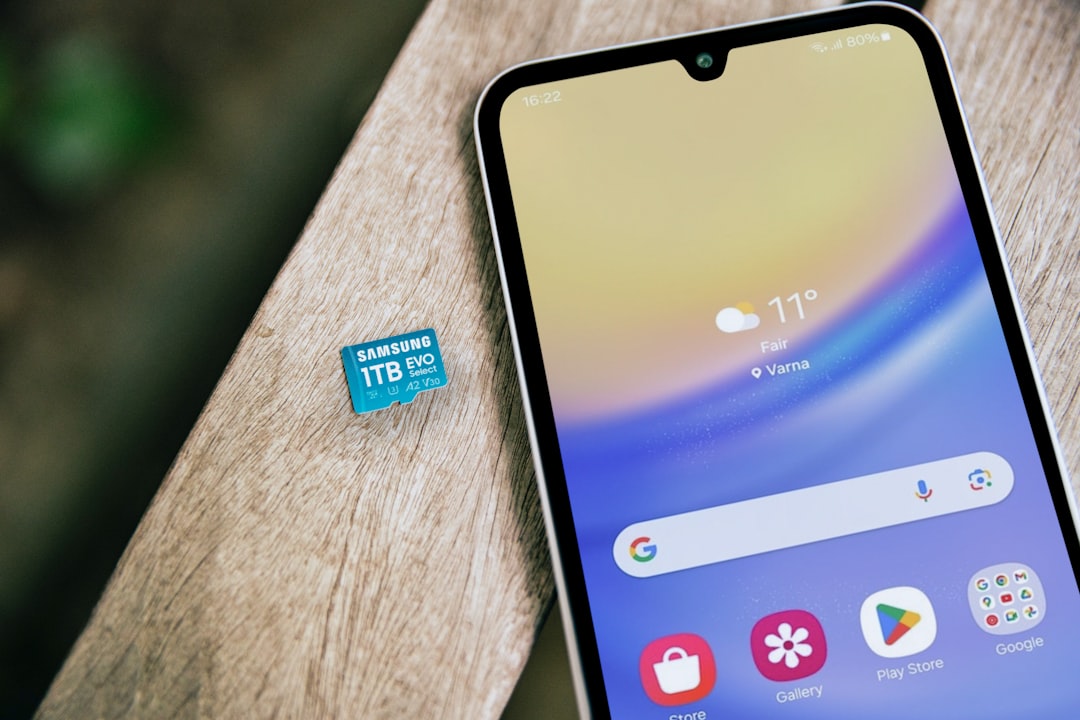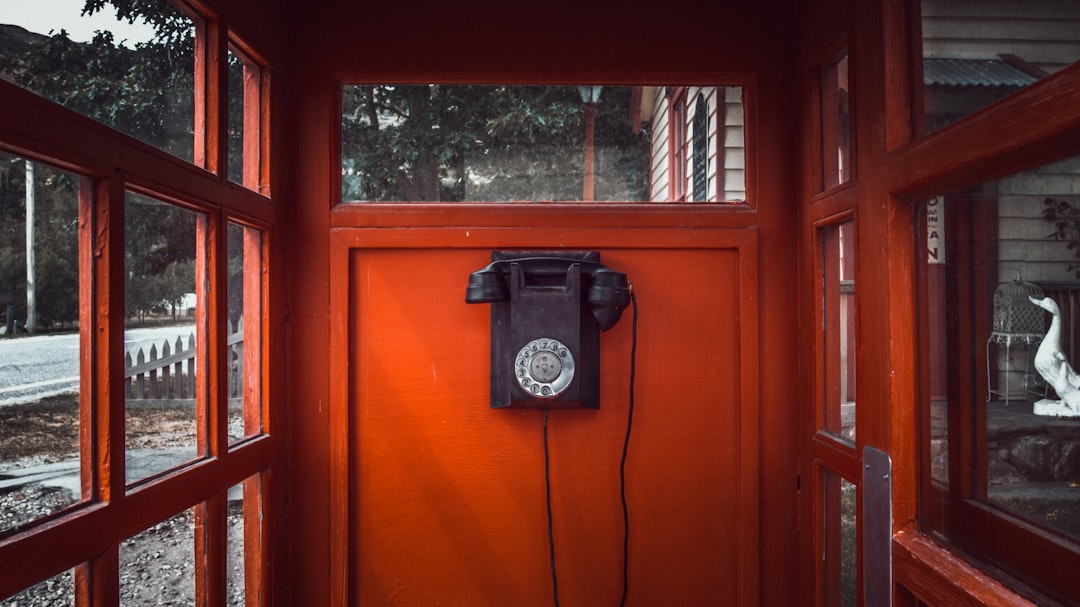Fraudulent charity robocalls are on the rise in Missouri, targeting residents with deceptive scams. To combat this, residents are advised to verify charity authenticity, document call details, and report incidents to local authorities. Suing for robocalls is an option under specific legal circumstances, but initially reporting to authorities is recommended due to Missouri's strict laws against unwanted calls. Consulting a local attorney specializing in consumer rights can guide you on seeking compensation or injunctive relief. Reporting these calls helps prevent others from becoming victims, and taking precautions like registering for the National Do Not Call Registry and verifying charity legitimacy is crucial to prevent future robocalls.
“In the digital age, fraudulent charity robocalls have become a pervasive issue in Missouri, targeting innocent residents. This article equips St. Louis citizens with essential knowledge on identifying and reporting these scams. We break down the legal rights and options available to you under Missouri law, offering a comprehensive step-by-step guide to combat these nuisance calls. Learn how to protect yourself and potentially sue for robocalls in Missouri by understanding your rights and taking proactive measures.”
Understanding Robocalls and Charity Scams in Missouri

In today’s digital era, robocalls have become a common nuisance, with fraudulent charity scams targeting Missouri residents. These automated calls often pose as legitimate charities, asking for donations to support various causes. However, it’s crucial to understand that these are elaborate schemes designed to deceive and exploit good-hearted individuals. Missouri residents must be vigilant against such scams, especially when seeking to report fraudulent charity robocalls.
If you’ve received a suspicious call claiming to represent a charity, it’s essential to verify the organization’s authenticity before making any contributions. Unfortunately, many scammers use compelling narratives and emotional appeals to manipulate recipients into providing personal information or donating money. To protect yourself and potentially hold these culprits accountable, consider documenting the robocall details, including the caller’s number and messages. This information can be invaluable when reporting such incidents to local authorities in Missouri, who take action against phone scams, and there might even be grounds for legal action, as you may be able to sue for robocalls under specific circumstances.
Identifying Fraudulent Charity Calls in St. Louis

Recognizing fraudulent charity robocalls in St. Louis is a crucial step in protecting yourself and your community from financial harm. These calls often pose as legitimate charitable organizations, trying to raise funds for various causes. They might urge recipients to act immediately, demanding urgent responses or even threatening consequences if you don’t donate. Keep an eye out for these red flags: suspicious call sources, generic greetings, and a lack of personalized information about your donation history.
If you suspect a robocall is fraudulent, document the details carefully. Note the caller’s phone number, the date and time of the call, and any specific promises or threats made. This information is vital if you decide to take legal action against the perpetrators. In Missouri, there are strict laws against unwanted robocalls, including those for charitable purposes. While suing for robocalls in Missouri may be an option, it’s recommended to first report these incidents to local authorities, who can investigate and take appropriate measures to prevent future frauds.
Legal Rights and Options Against Robocallers in Missouri

In Missouri, including St. Louis, residents have legal rights and options available to them when dealing with fraudulent charity robocalls. If you’ve received such calls, you’re not alone, and there are steps you can take. One of the primary options is to report these calls to local authorities, who can investigate and take appropriate action against the perpetrators.
Regarding suing for robocalls in Missouri, it’s possible if the calls violate state laws or federal regulations. These may include laws against telemarketing fraud, do-not-call list violations, or deceptive practices. If you have specific evidence of damages incurred due to these fraudulent calls—such as emotional distress or financial loss—you might have a case for legal action. Consulting with a local attorney specializing in consumer rights and telecommunications law can provide guidance on your best course of action, including the possibility of seeking compensation or injunctive relief against the robocallers.
Reporting Fraud to Local Authorities: A Step-by-Step Guide

Reporting fraudulent charity robocalls is a crucial step in combating this growing issue. If you’ve received suspicious calls asking for donations or containing misleading information, you can take action by reporting them to local authorities in St. Louis, Missouri. Here’s a step-by-step guide to help you navigate the process:
1. Identify the Call’s Nature: First, determine if the call is indeed fraudulent. Check for common signs such as requests for urgent donations, threats of legal action, or inconsistencies in the charity’s information. Note down any details like the caller’s number and the organization’s name they claimed to represent.
2. Contact Your Local Law Enforcement Agency: Reach out to the St. Louis Police Department or your local county sheriff’s office. Explain the situation and provide them with the necessary details, including any recorded call snippets or notes you’ve taken. They can guide you on the best course of action, which may include filing a formal report or providing evidence for further investigation. While you might consider suing for robocalls under Missouri law, it’s initially recommended to gather information and involve authorities who have the resources to investigate and take appropriate legal measures.
Preventing Future Robocalls and Protecting Yourself

Preventing future robocalls and protecting yourself is a multifaceted approach. First, consider registering your number on the National Do Not Call Registry. This federal list restricts telemarketers from calling your number, though it may not block all robocalls as some organizations bypass these rules. Additionally, be cautious about sharing your contact information, especially online or over the phone, unless you trust the source. Always verify the legitimacy of charities or organizations before providing any personal details.
Another crucial step is staying informed and vigilant. Stay alert for suspicious calls, especially those demanding immediate action or threatening consequences. Never provide sensitive information like bank details or Social Security numbers over the phone unless you initiated the call to a verified organization. If you suspect fraudulent activity, report it immediately to your local authorities in St. Louis, Missouri, who have resources to track and stop these calls. Furthermore, exploring legal options is possible; consulting with an attorney regarding potential lawsuits for robocalls can serve as a deterrent and provide recourse against persistent or malicious callers, especially when collecting donations fraudulently under the guise of charity.






